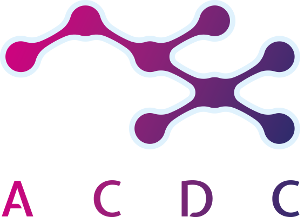Zurich University of Applied Sciences
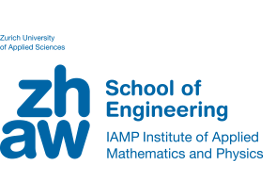
Rudolf M. Füchslin
Professor of Applied Complex Systems
Ruedi Füchslin studied theoretical physics at ETH in Zürich, where he graduated with a thesis on incompressible quantum systems at the chair of Prof. Jürg Fröhlich. He then went to the University of Zurich, where he wrote his Ph.D. thesis in the newly established group for computer-assisted physics of Prof. Peter Fritz Meier in the field of superconductivity. During this time, he had the opportunity to act together with Meier as a consultant for the Institute for Forensic Medicine. This experience fostered his interest in biological and medical problems. He spent several years as a postdoc in Prof. John McCaskill’s group for Biomolecular Information Processing where he investigated molecular ecologies, evolutionary processes and dynamical processes in cells. In 2007, he got the opportunity to spend half a year at the ECLT, where he studied the scaling behavior of dissipative particle dynamics. He then returned to the University of Zurich, where he got a position in Prof. Rolf Pfeifer's Artificial Intelligence Lab. Presently, he holds a position as a professor of applied complex systems science and is heading the group for Applied Complex System Science at the Institute for Applied Mathematics and Physics at the School of Engineering at the Zurich University of Applied Sciences (ZHAW). He is a member of the board of ZHAW's Datalab and a co-founder of ZHAW's Digital Health Lab. Also, he is co-director of the European Centre for Living Technology in Venice, Italy. Besides research, he is interested in questions relating to the interplay between natural sciences and the humanities.
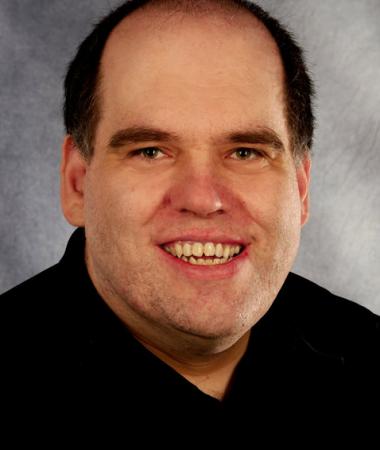
Johannes Schneider
Johannes obtained his PhD in physics by University of Regensburg in 1999, and the habilitation in theoretical physics, Johannes Gutenberg University of Mainz, Germany in 2009. Among his publications stands out his monograph ”Stochastic Optimization" (together with Scott Kirkpatrick, The Hebrew University of Jerusalem, Israel) published by Springer, 2006. In 2009 The Time Magazine listed his optimization algorithm for packing problems in its list of the 50 most important inventions of the year
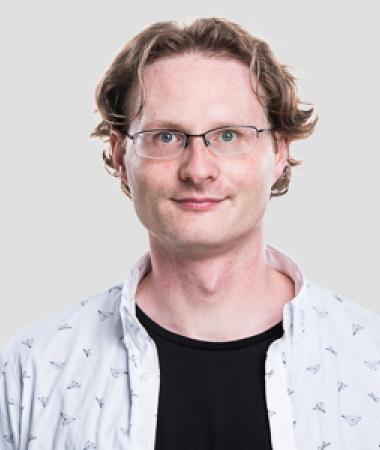
Mathias Weyland
Mathias Weyland earned a BSc in Bioinformatics from the University of Zurich, Switzerland, with a thesis on "Reflex Learning in a Tendon Driven Robot" at Rolf Pfeifer's AI Lab. He stayed at the University of Zurich for a MSc degree in Informatics, cognitive and multimodal systems with a master thesis on next best view planning with a quadrotor drone in Davide Scaramuzza's Robotics and Perception Group (RPG). During and after his studies, he worked as Research Assistant and Guest Researcher at the Swiss Federal Institute of Aquatic Science and Technology, and the European Center for Living Technology in Venice, Italy. During his stay in Italy, he contributed to the MATCHIT project by developing a chemical compiler for a platform conceived during the project. After some time in the robotics industry, he joined the Applied Complex Systems Science group at the School of Engineering of the Zurich School of Applied Sciences, Switzerland, and the University of Fribourg, Switzerland, for a PhD thesis in medical physics. After his PhD, he stayed there for teaching activities in physics (principles of electrical engineering, fields and waves) and joined the ACDC project.
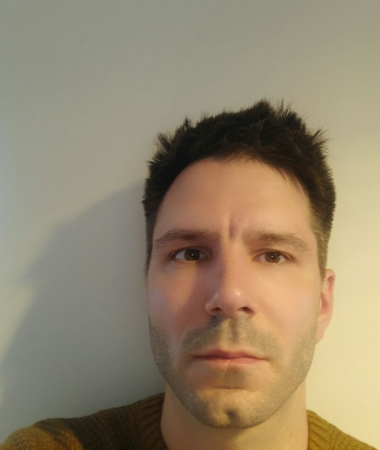
Dandolo Flumini
Dandolo Flumini studied Mathematics and Computer Science at the University of Zurich. He holds a Ph.D. in Computer Science from the University of Bern, where he studied subsystems of second-order Set Theory. Since 2012, Dandolo Flumini is a senior lecturer at the Zurich University of Applied Sciences. His main research interests are in Models of Computation and applications of formal languages.
